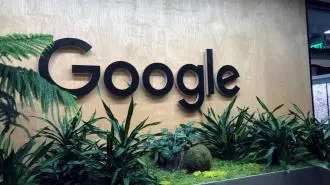Summary / TL;DR
Google Ads do not directly influence SEO rankings, according to Google and various legal considerations that prevent search ad spend from impacting organic results. However, Google Ads can indirectly support SEO by increasing brand visibility, driving site traffic, and improving user metrics that search engines may factor in. Misinterpretations of analytics or timing with Google algorithm updates may falsely suggest a link between paid ads and ranking changes. Combining both strategies allows marketers to gather keyword insights, test ad copy for relevance, and refine targeting through remarketing and geographic data. While SEO drives long-term traffic, Google Ads offers immediate exposure, making them complementary tools rather than substitutes.
If you’re a marketer or a business owner, you must have wondered whether Google Ads can help get Google Ads help to potentially enhance your visibility. The answer is no; Google Ads do not directly impact your website’s search engine rankings.
But wait, before you leave disappointed, let’s look at this topic closer. Did you know Google processes over 8.5 billion searches per day? This implies a significant opportunity to drive traffic to your site, and we’ll guide you to get started.
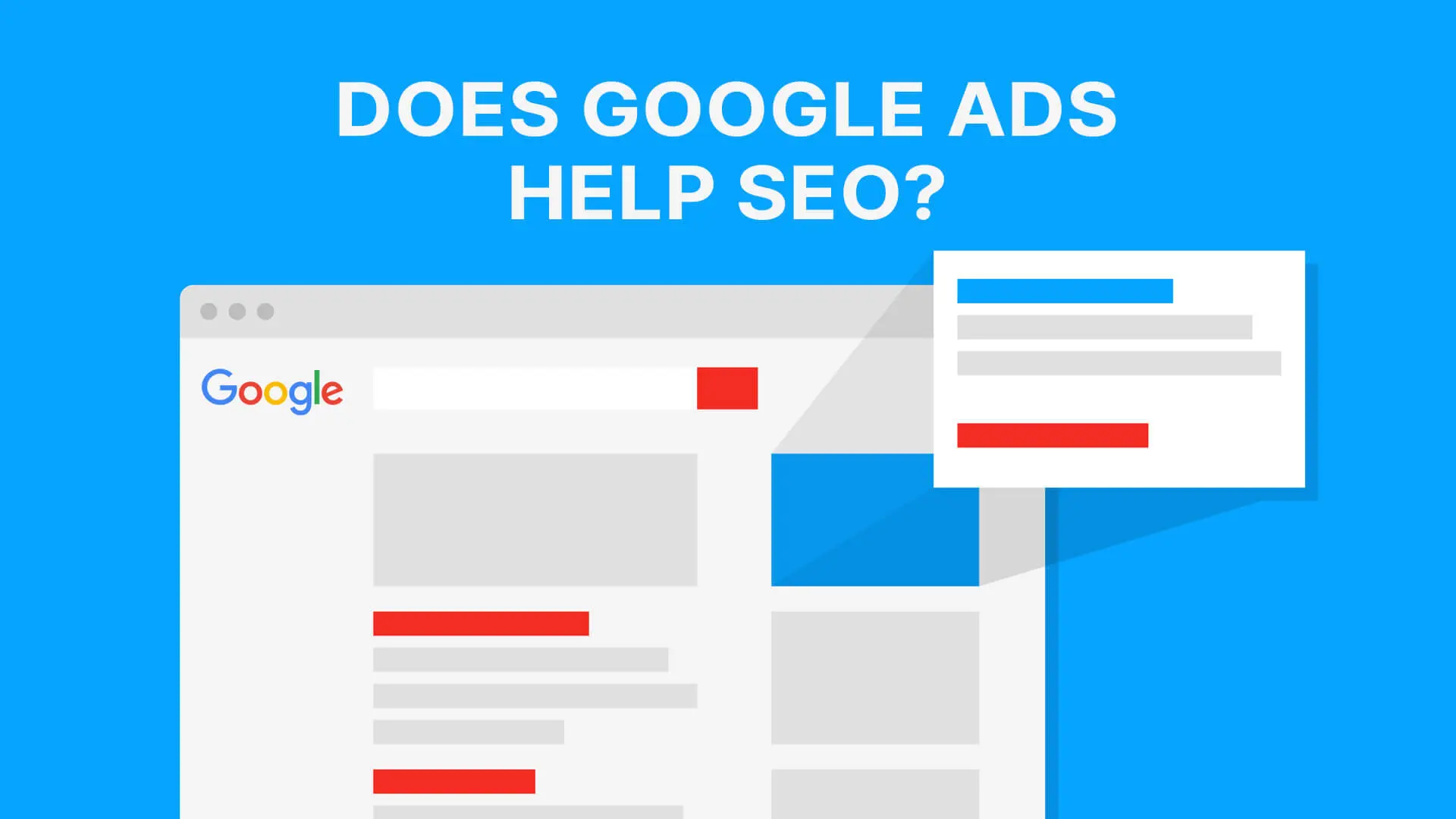
In this blog, we’ll explain why Google Ads don’t improve your organic search performance and discuss alternative ways to help your website rank better in search results. Take a seat, and let’s dive into the world of SEO and Google Ads!
What Is Google Ads?
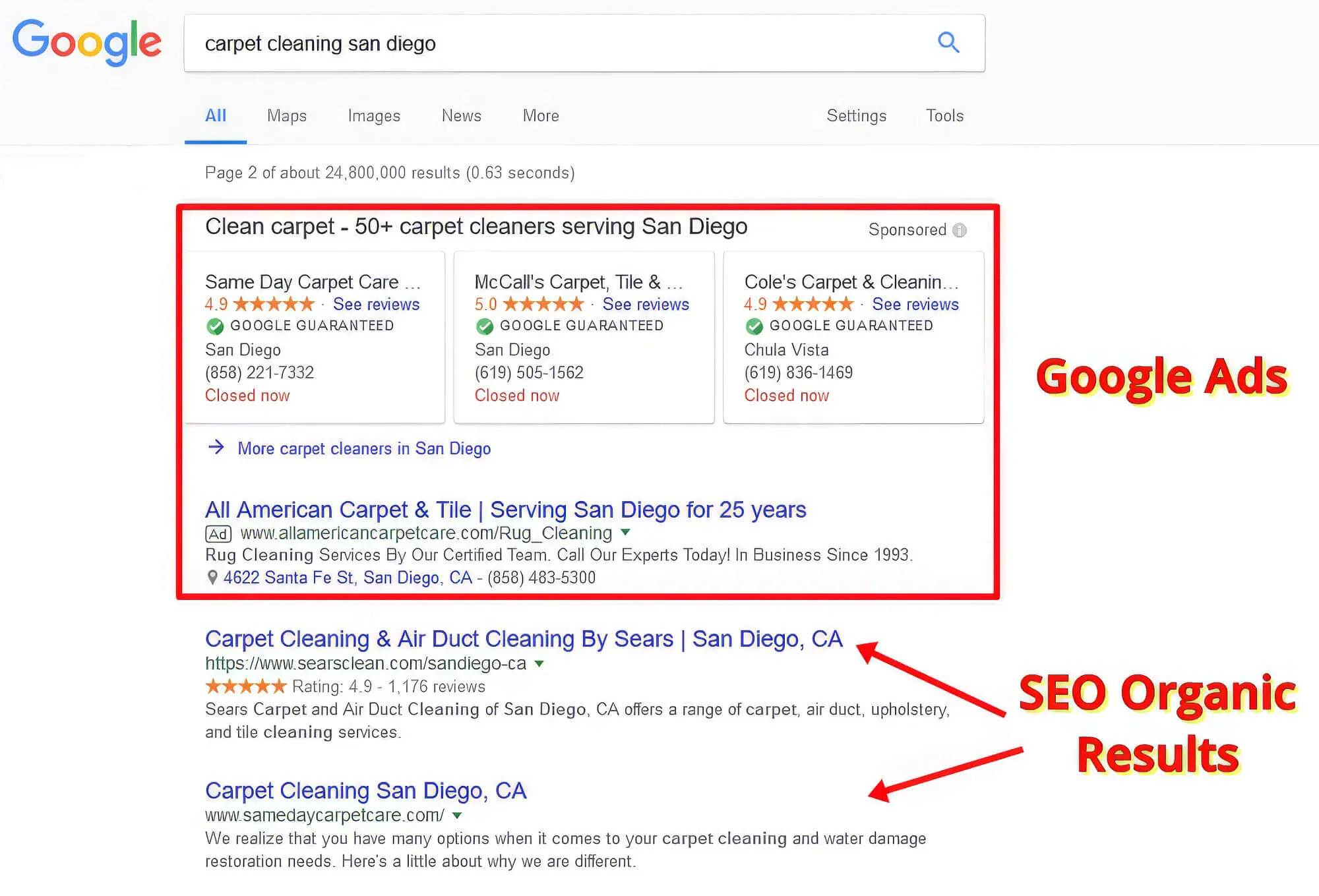
For contemporary digital marketing campaigns, Google AdWords may be the most powerful and well-known pay-per-click advertising (PPC ad) option. It allows businesses to display ads on Google search results based on relevant and valuable keywords.
Google PPC ads only charge companies when someone clicks on their ads. Click-through rates indicate how often users are taking action, such as visiting a company’s website or contacting customer service directly. In other words, website owners compensate Google when they take predetermined actions.
Similarly to other PPC platforms, marketers measure the success of their ads based on the number of clicks they receive. However, the cost per click changes based on a keyword bidding process. Additionally, the likelihood that an ad will appear on a user’s screen depends on several indirect factors, including:
- Quality of the ad
- User experience
- Linking strategy
- Bidding price
- Timing of the ad
You can spot paid ads effortlessly as they pop up at the top and bottom of search results in distinct sections or ‘banks’. What’s great about Google Ads is that you can tweak them whenever you need to target a particular audience based on interest or location, or showcase specific products and deals. This flexibility is a real boon for small businesses that might not update their websites regularly to feature seasonal sales or promotions.
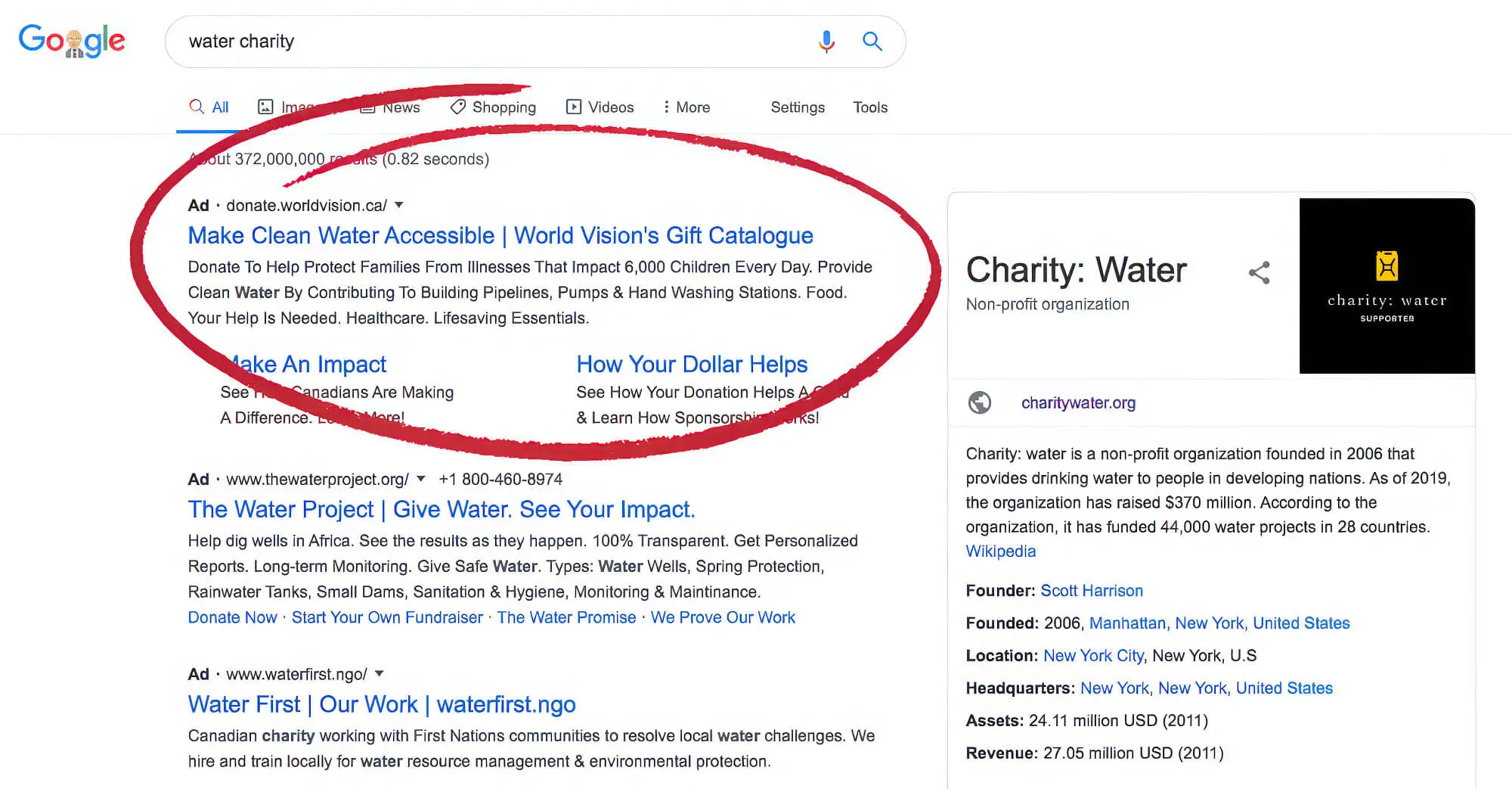
To promote your business beyond the search engines, you can also display Google Ads on relevant websites in the Google Display Network (GDN). As a result, you have access to a broader audience across the web.
With GDN, it is possible to choose specific sites to display ads or select a target audience and let Google Ads reach out to them based on Google’s knowledgeable database.
What is SEO?
As the name suggests, SEO refers to strategies, techniques, and best practices designed to help a website achieve the best possible ranking on relevant organic search results pages.
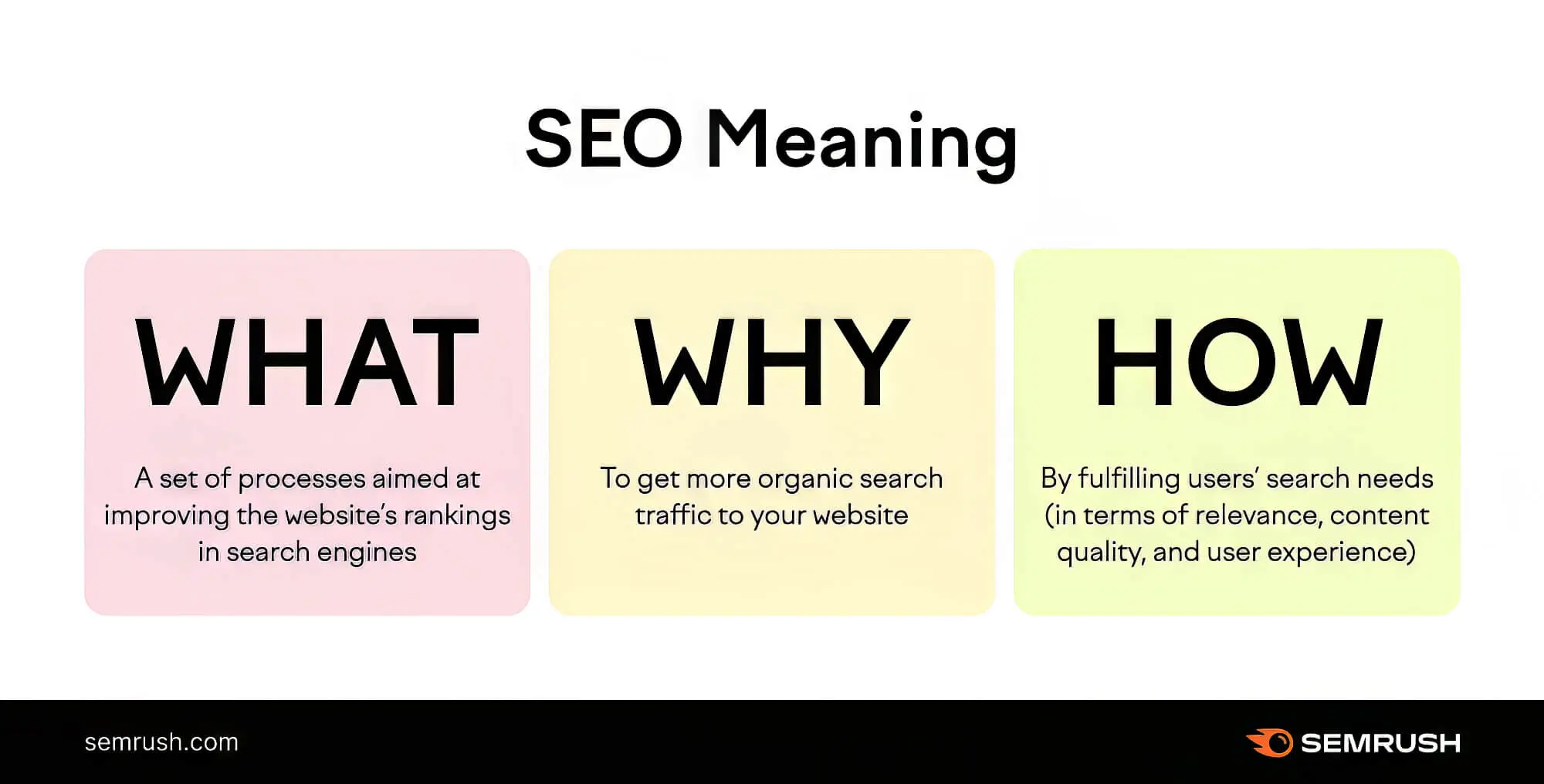
When searching online, most users don’t even look at the results that a specific search query may return. In addition to the 54.4% click rate that goes straight to the top three results, only a few search engine users check out the results on page two.
Nonetheless, making the first page of a Google search result is not enough; achieving the highest possible rank for that search query is also essential, even breaking the top three. To do this, SEO experts use techniques such as:
- Keyword research
- Content marketing
- Backlink building
In the years that pass, best SEO practices tend to evolve and change since Google’s algorithm is constantly being updated. Let us suppose a marketer is advertising free photo editing programmes; some of the current best practices to use if they want to get these programmes in the top three search results on Google are:
1. Using Relevant Keywords And Phrases
Using relevant keywords and phrases multiple times on a website, including in the written content, image tags, metadata, and URLs, is essential.
2. Well-Formated Content
Ensure the content is easy to understand, digest, and skim using clear, simple language and well-organised formatting.
3. Unique And Informative Information
By consistently creating engaging, helpful, and clear content, you will address the needs and concerns of search engine users.
When it comes to keywords, it’s a good idea to include keywords in your site copy, but keep it orderly with only a few to avoid clutter; also, don’t use fake pages that users don’t want to see. Those practices may lead Google to consider the pages as deceptive and, therefore, ignore the site. Make sure the site is easy to navigate and understand for users.
SEO VS Google Ads — Are They The Same?
While a Google Ads campaign is less effective than SEO and does not improve organic SEO rankings, it can help you display your ads to potential customers when searching for a similar company.
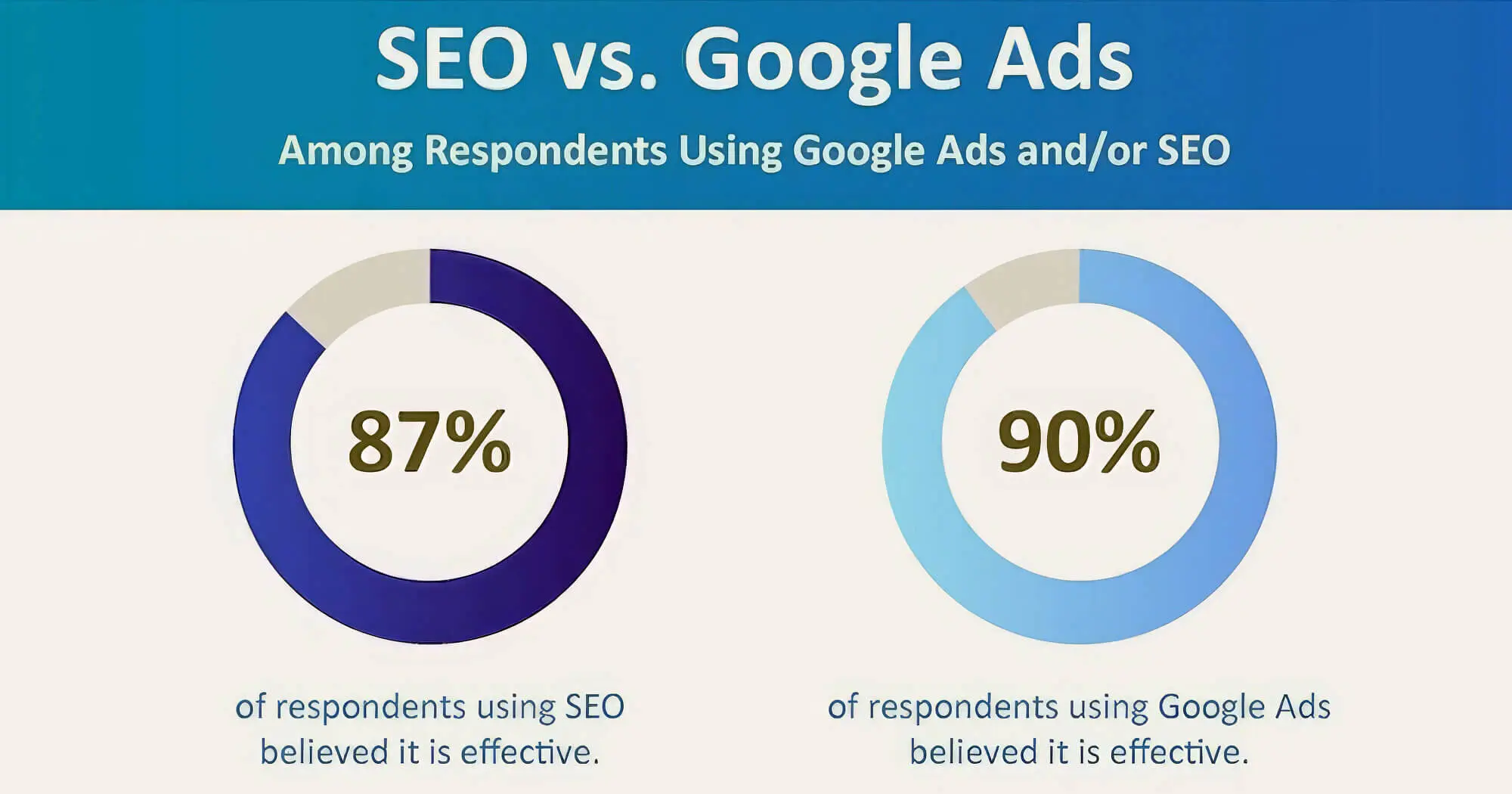
Although Google Ads do not replace a successful SEO campaign, they offer several unique advantages, including:
- The ability to customise individual ad campaigns according to your budget.
- Robust ad distribution across Google-owned platforms, e.g. YouTube.
- Analysing a campaign in detail can help you optimise future efforts.
- Accessible ads that capture users at the exact moment they’re ready to convert.
Reasons Why Google Ads Don’t Help SEO
1. Just Because!
Despite some myths and claims, Google Ads do not affect SEO rankings, as stated in an official article from the Google Ads resources centre.
Also, a member of the Google search team tweeted that organic results are completely unaffected by Google Ads metrics or data. Even though Google may not always be trusted on everything it says, there are many reasons why it should be trusted on this one.
2. Consumer Code Violations
If a domain or business ran Google Ads and used them to influence its ranking, Google would become pointless, and the company would face major legal problems.
It would violate many worldwide laws, including Australia’s Competition & Consumer Act, US antitrust laws, and EU competition laws, resulting in legal action by some of the world’s biggest countries. Ultimately, Google would not risk its entire business model for something as simple as an SEO ranking, so it only displays ads for keywords that businesses pay for.
The Google Ads Rumour: Does It Really Impact SEO Rankings?
1. Google Updates
In digital marketing, we know that Google routinely releases updates to its search engine of varying magnitudes, which could contribute to some people thinking Google Ads affect SEO rankings.
It is estimated that Google made 4,500 changes to its search system in 2020. This includes changes to its ranking system, user interface, and more. As a result, on average, Google searches are changed 12 times daily.
It is not uncommon for a website’s ranking to drop suddenly when it stops running Google Ads, an example of correlation that does not imply causation. Google updates are taking place, but most people are unaware of them when stopping an ad, so one cannot be sure that they will have a negative impact on ranking; it’s a coincidence.
2. False Reading Of Analytics
Due to incorrect reading of their analytics, some people think that Google Ads influence their ranking. For inexperienced marketers, platforms like Google Analytics can be confusing; they may not be able to gather the correct information, resulting in incorrect conclusions.
Technical issues might also confuse, for example, incorrectly configured analytics or incorrectly attributed users based on their sources. Some traffic tracking platforms may produce false analytics results if Google Ads traffic and organic traffic are not specifically filtered and defined.
3. Indirect (And Coincidental) Factors
The last reason people may believe that Google Ads affect SEO rankings is indirect ranking factors. The number of direct visitors to a website has been identified as an important Google ranking factor in several studies.
The number of direct visitors to your website can be significantly increased by running Google Ads and targeting important related keywords and those of your competitors.
It is not uncommon for users to Google a competitor or keyword without clicking on the ad. Instead, they visit the website directly when they remember it later. Using direct visitors as a ranking factor can impact rankings, even if it’s relatively small.
When you stop running Google Ads, you can see a decrease in direct visitors, negatively affecting your ranking. However, this is because its visibility is reduced, not to Google Ads being beneficial to an SEO strategy.
Google AdWords also uses other metrics, including bounce rate, pages per session, time on page, and UX metrics. There is a slight chance that some change could be observed if the overall site metrics are improved through ads, but it’s hard to prove. However, because of constant Google updates, it is impossible to determine whether changes in user metrics affected rankings or if it was just a Google update.
How To Use Google Ads And SEO Side By Side?
1. Analyse & Learn Through Your CTR
By reviewing the click-through rate of ads, you can tailor the copy on your website to meet your customers’ needs. In most cases, the ad relevance metric is the click-through rate, which is determined by dividing ad clicks by impressions.
By reviewing your ads’ click-through rates, you can identify the ones with the highest return, which you can then use to answer any users’ questions. It is important to remember that running relevant ads reduces the cost per click. The more helpful information a company provides its users, the better for Google.
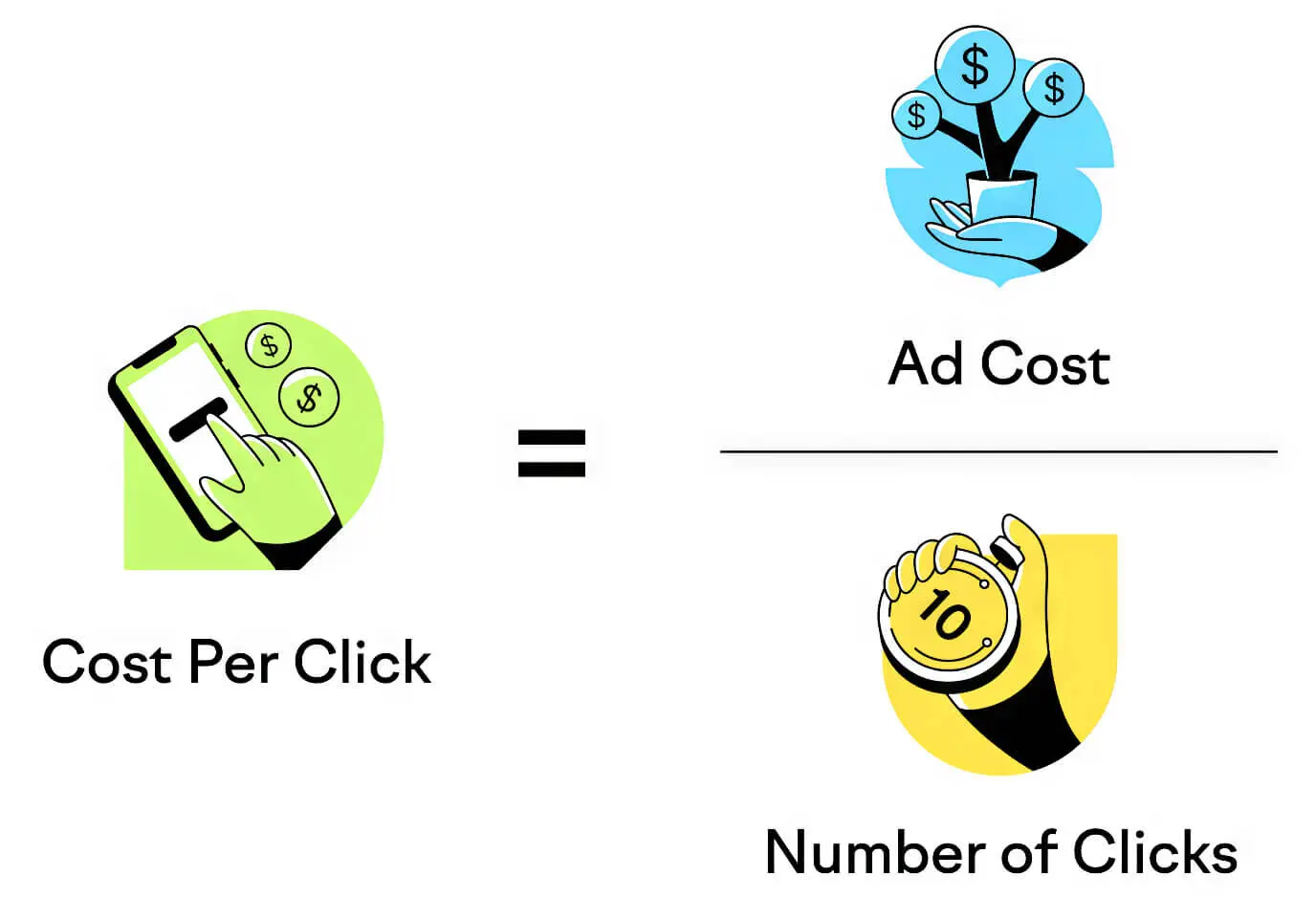
2. Optimise Content For Keywords
To drive website traffic, Google Ads campaigns must be based on finding and using relevant keywords. A company can improve its organic search rankings over time by using variations of the keywords that performed best in its ads and targeting long-tail keywords.
Also, long-tail keywords can help improve SEO results, especially when your SEO efforts have just begun. Initially, use Google Ads to target commercial keywords while using long-tail keywords for SEO.
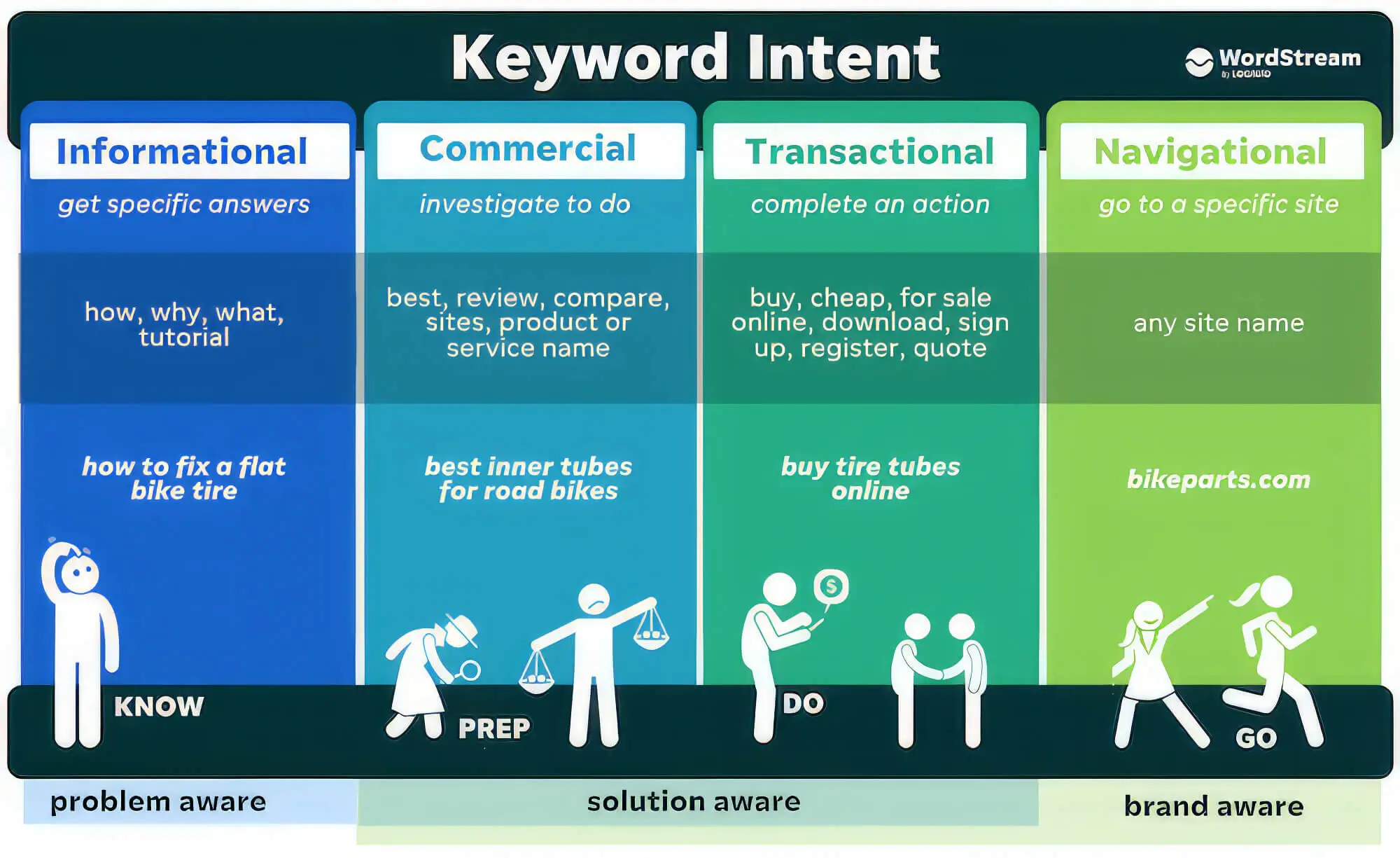
3. Eliminate Irrelevant Keywords
Apart from identifying and using effective keywords, your SEO strategy should also focus on eliminating those that don’t perform well. This way, you’re continually refining your approach to keep it effective.
Once you start acquiring information about the best keywords for your company’s ad campaigns, you will notice that some keywords do not attract new website visitors. Add them to your negative keyword list to make it easier to focus on keywords that produce results.
Remember that Google is always changing. You won’t easily find negative keywords that aren’t attracting many visitors. So, you may have to consult a professional to analyse your Google Ads data.
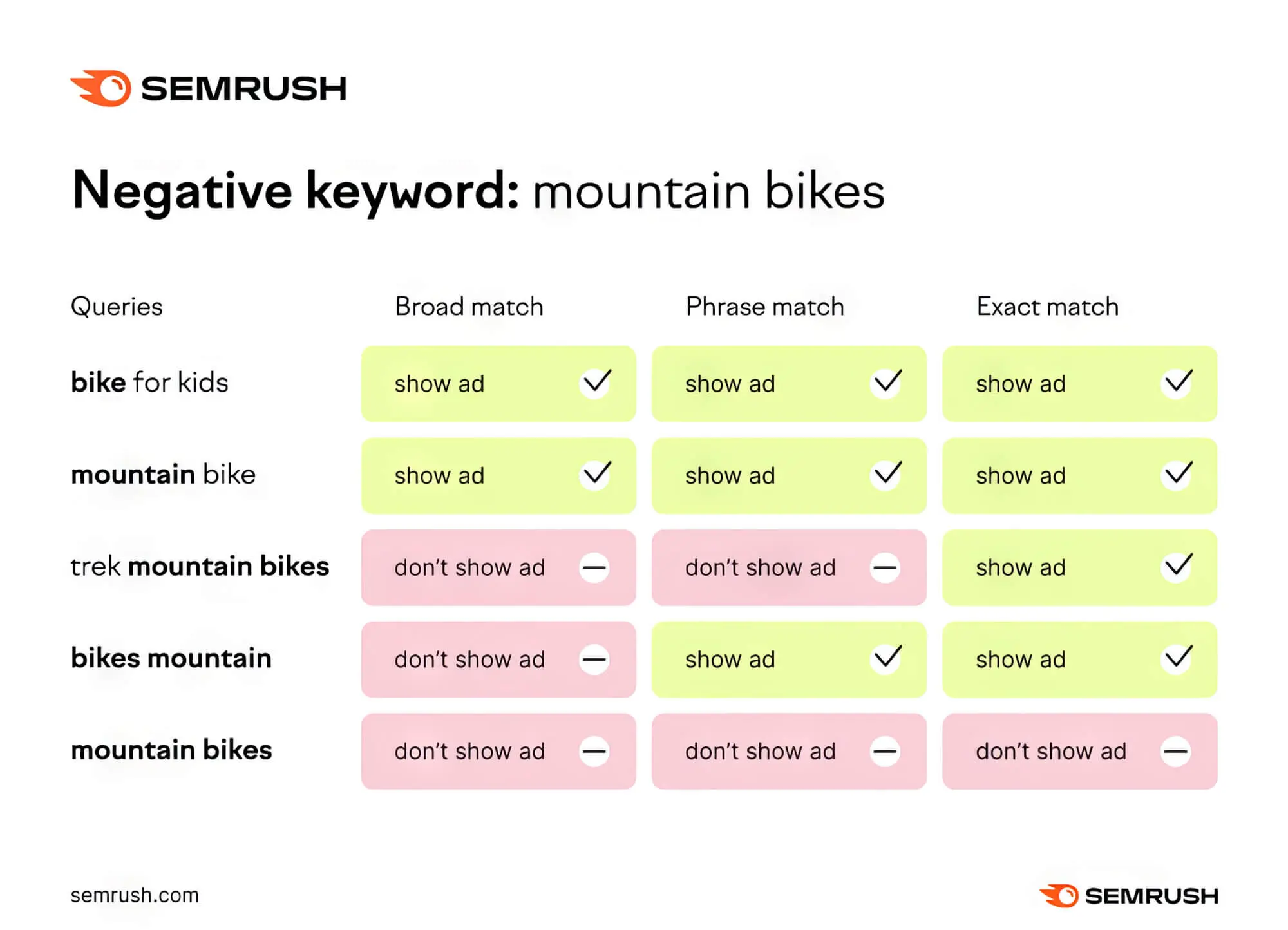
4. Write A Compelling Ad Copy
The purpose of your ad copy is to entice your potential customers to click on your ad over other competitors. You should pay attention to the website’s content and how it affects its conversion rate, analyse your current results, and adjust your ads and landing pages.
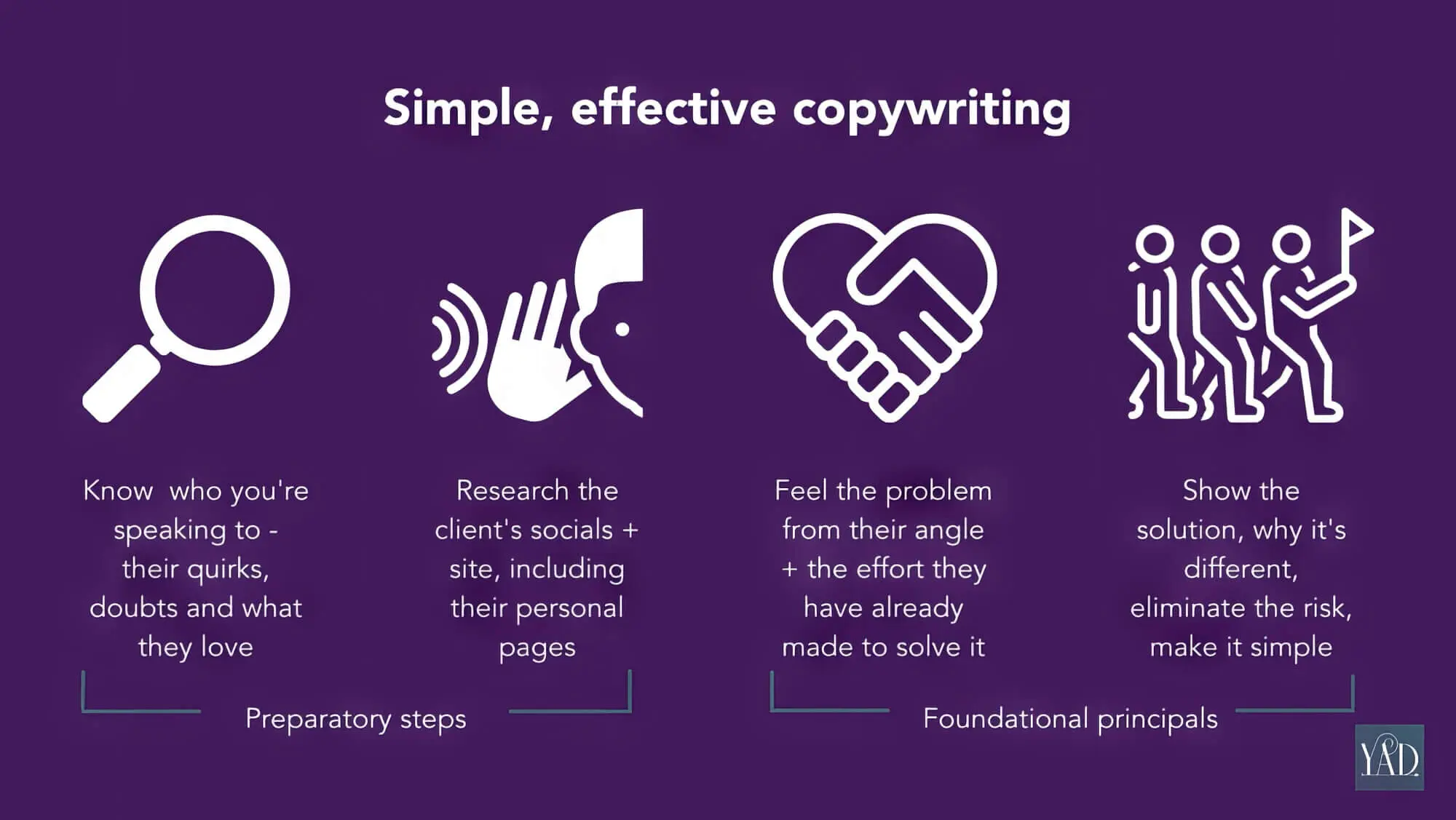
5. Focus On Geographical Performance
When you run Google Ads, you can quickly determine which areas drive the most sales or sign-ups in a specific region or country. Additionally, it will be possible to find out if one geographical location is particularly fond of clicking on your Google PPC ads.
Utilising the data gathered, you can use Google Trends to determine which phrases users seek in those particular locations and which are decreasing in popularity. This can help refine the keyword strategy and boost on-page SEO.
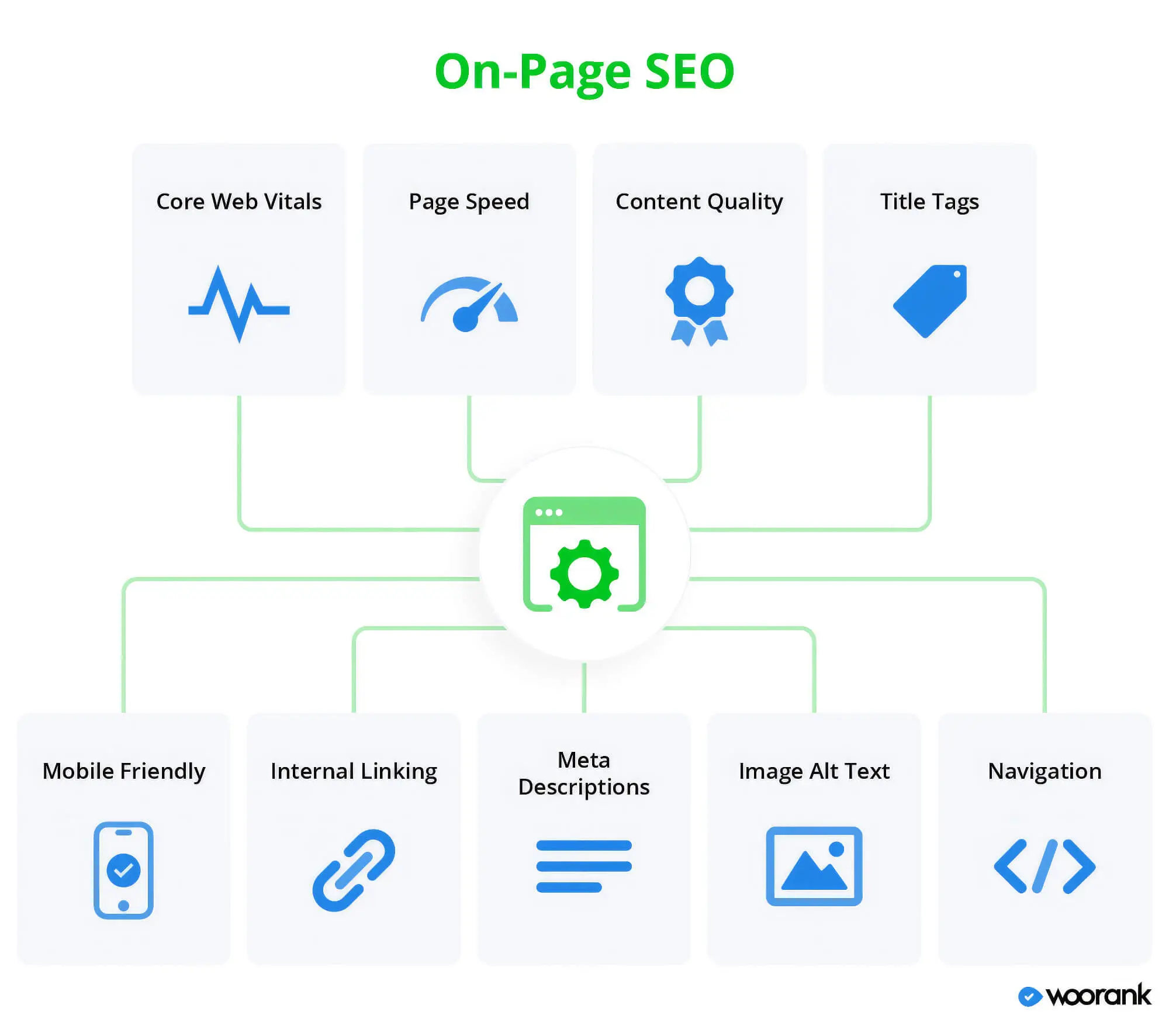
Using Remarketing Opportunities To Improve SEO Performance
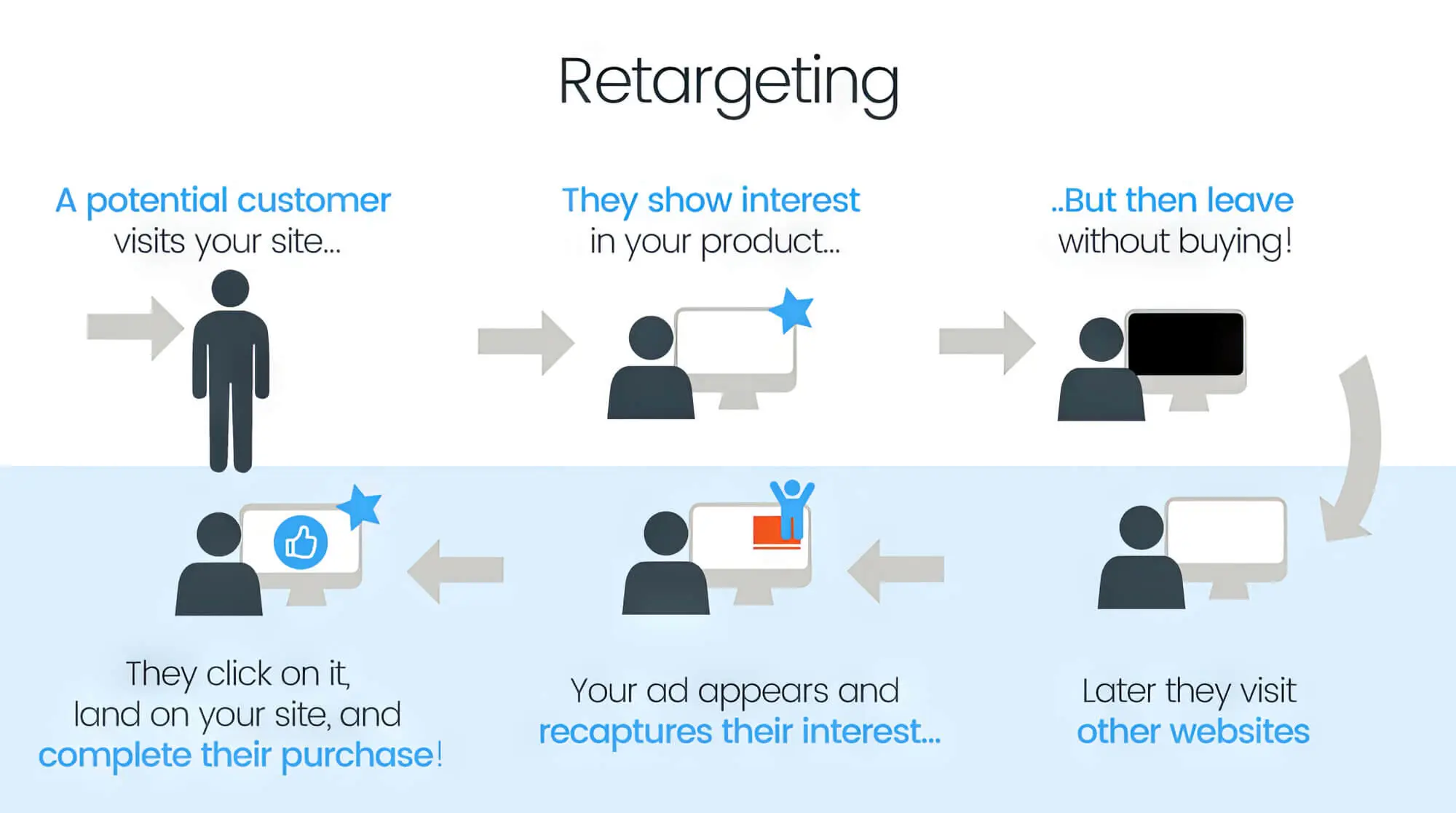
Retargeting or remarketing is one of the essential features of Google Ads over other platforms. In remarketing campaigns, targeted advertisements are shown to visitors who have previously visited the site or taken some action. By doing so, the brand can effectively engage with visitors to its site who have yet to convert.
There are two main ways in which remarketing can help SEO:
1. Recapture Non-Converting Organic Visitors
Many people who discover a brand on a search engine result page won’t make a purchase immediately. It takes at least five brand impressions for someone to decide to buy.
Retargeting allows visitors to remember the brand at a later date, and they might even search for its name and return organically. Often, this is referred to as brand recall, which might improve organic CTR. Additionally, reminding the audience can increase their likelihood of sharing the brand’s content, resulting in backlinks.
2. Gather More Audience Data
A remarketing list can be an excellent way for brands to learn more about their customers and prospects. You can check Google Ads’ Audience Insights section on the dashboard for information such as their interests, affinities, and what they are actively shopping for.
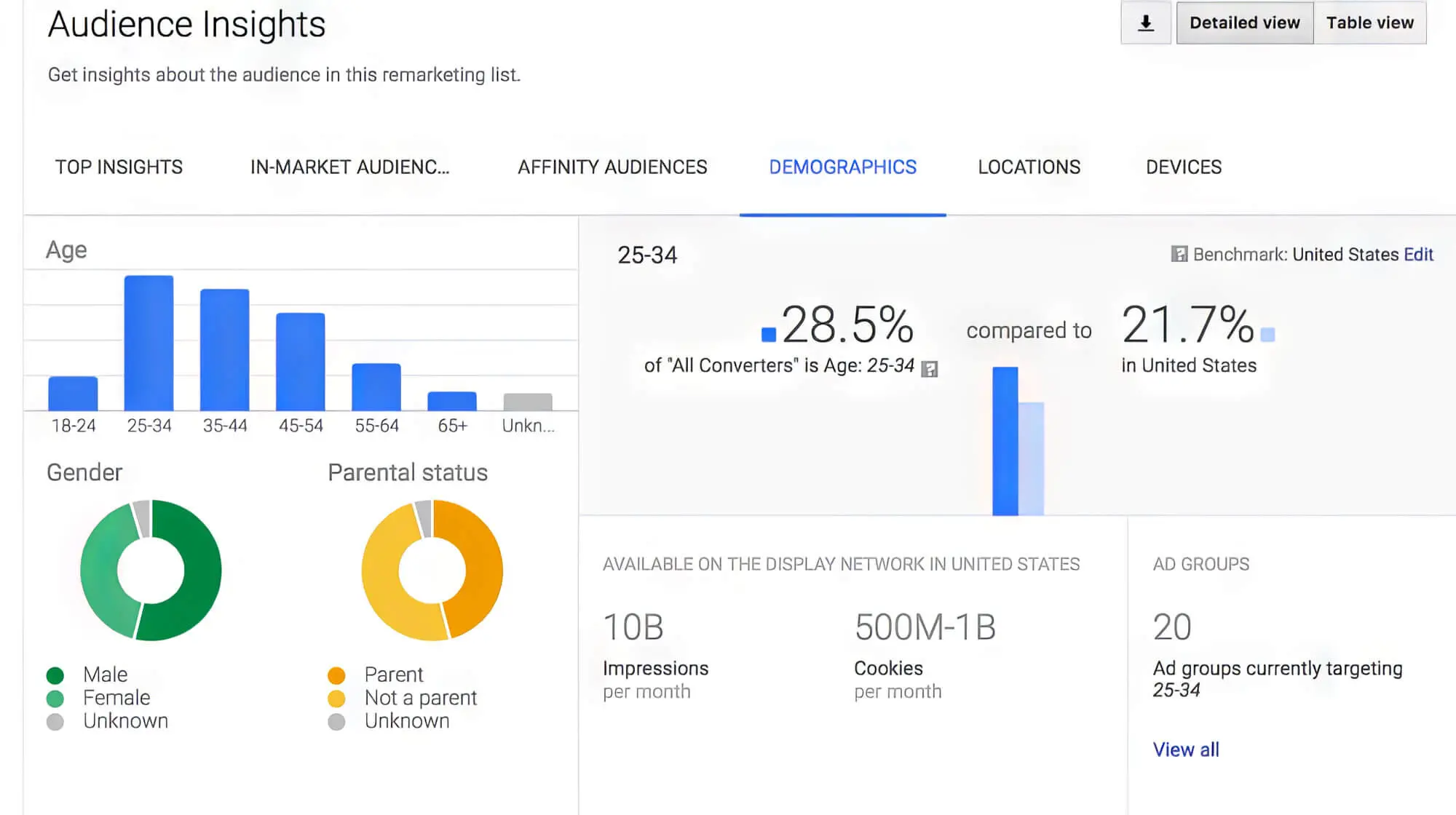
Balancing Out SEO’s Long-Term Nature
SEO requires a long-term commitment. Although it can produce sustainable results over time, it can take months, if not years, for the business to see any returns.
It can be challenging to convince clients about the actual value of SEO for both SEO companies and digital marketing agencies. Likewise, convincing the administration to invest in an SEO strategy can be difficult for a company’s marketing executive. That makes incorporating Google Ads into the plan an excellent idea. You might attain the same results with PPC ads in a shorter period.
Make The Most Out Of Ads & SEO For Your Website’s Success!
You cannot improve SEO performance directly with Google AdWords. However, PPC campaigns can influence SEO performance indirectly in many ways. With Google AdWords, your content will get more exposure among users, improving its chances of being shared and linked to. This will ultimately result in valuable backlinks.
Because of a misunderstanding of data, some people believe Google Ads aids SEO. It is impossible to determine the cause of the change without knowing what updates Google releases if they enable and disable their ads to see if they change their rankings. If you have the time and the budget, investing in a Google Ads and SEO campaign is best.
We’re the team to work with if you want help creating and running Google Ads or ranking higher in organic SEO results. Providing highly converting Google Ads campaigns along with long-standing successful SEO results is what we do best at sitecentre®. Call us today to learn more!

